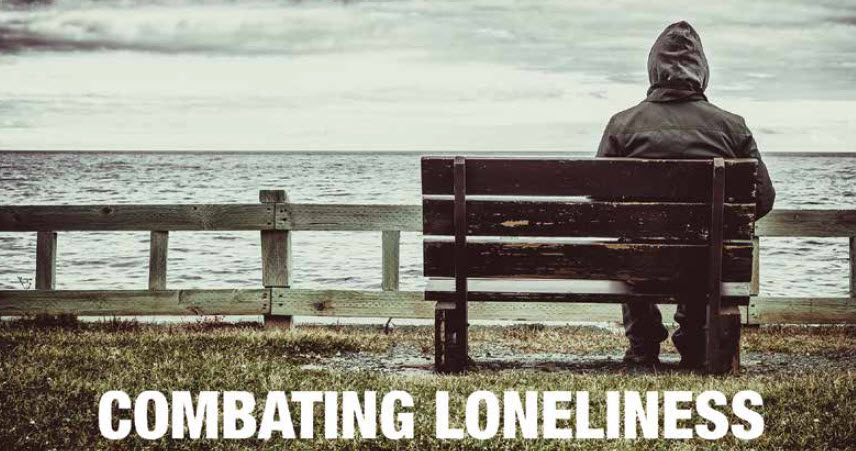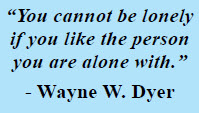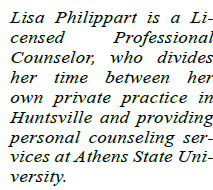Managing Chronic Loneliness
 By: Lisa Philippart
By: Lisa Philippart
In my last article, we discussed the types, causes, and signs and symptoms of chronic loneliness. In this article I will be addressing several methods to better manage your feelings of isolation and aloneness. I believe that it is important to accept that loneliness is a normal function of our humanness. Sometimes, just knowing that others around the world are struggling with the same feelings as you are can be helpful. Even without the effects of the pandemic, research suggests that 40% of people will experience loneliness at some point in their lives. It may seem that with the internet, social media, and Zoom that it is easier than ever to connect. But loneliness is subjective. In fact, it’s possible to feel lonely even when you have a significant other, children, or lots of friends. This normal emotion is one that almost everyone experiences at some point, and it’s something that you can overcome.

Recognizing the effects of loneliness can help you combat them. Loneliness can actually be felt physically. Studies show that being lonely can make you feel colder, can increase cholesterol and blood pressure, and can even stop your immune system from functioning properly. Loneliness can also disrupt your sleep because it puts your body on “high alert.” In addition, loneliness may lead to self-destructive habits. Drug and alcohol abuse, gambling, and other self-harming actions have all been linked to loneliness. Thus, finding a “cure” for loneliness can prevent these habits from developing in the first place. It probably goes without saying, but loneliness can and does affect your mental health. As loneliness increases, so does depression. One of the main signs of depression is no longer wanting to do things you used to enjoy, including spending time with friends.
Loneliness can make us pull away from our relationships, even when we need them the most. By nurturing the relationships you already have, you can place yourself on a path to overcoming isolation. Here are some ideas for connecting or reconnecting:

1. Schedule time daily or weekly to talk to or “visit” a friend.
2. Invite someone to lunch.
3. Start conversations with your neighbors.
4. Join a group or club. This may be the time to find a hobby.
Boredom adds weight to loneliness. If you are struggling with feelings of separation, the cure isn’t watching Netflix by yourself every night! Instead, find something else to occupy your time…something that includes some social aspect. Take up photography and head out to the Botanical Garden or join a gardening group. Do your best to pick something fun that also places you in a social situation. The “getting-out-there” part is challenging in these times, but it can be done. If you aren’t into hobbies, how about finding a volunteer opportunity? By volunteering you’re not only putting yourself in a place where you can meet people, but you’ll also be focused on a task. Volunteering helps with issues like shyness or social anxiety, and it gives you something to look forward to if you’re struggling to find meaning in your life. An added bonus is that the people you meet volunteering are likely to share your interests. For example, if you love animals, volunteering at a local shelter will almost guarantee that you will meet other dog or cat people with whom you can connect.

When you are feeling lonely, and you start to think something like, “Ugh, I hate my life. No one wants to spend time with me,” you are adding to your loneliness. You are missing social connections, while taking a beating to your self-esteem. Make an effort to catch those thoughts and replace them with a positive message instead. The practice of positive self-talk takes practice, but it can be a simple cure for loneliness. A good mental health counselor can share with you some positive self-talk techniques through cognitive behavior therapy. A therapist can also help you explore the factors behind your feelings. Other issues surrounding your loneliness may need to be identified and explored. Loneliness does not have to be a permanent feeling. You can get help and move on to happier days. And if you feel lonely and have thoughts of suicide, seek help immediately. There are national helplines like the National Suicide Prevention Lifeline at 1-800-273-8255, or locally, Crisis Services of North Alabama at 256-716-1000.
By: Lisa Philippart
Licensed Professional Counselor